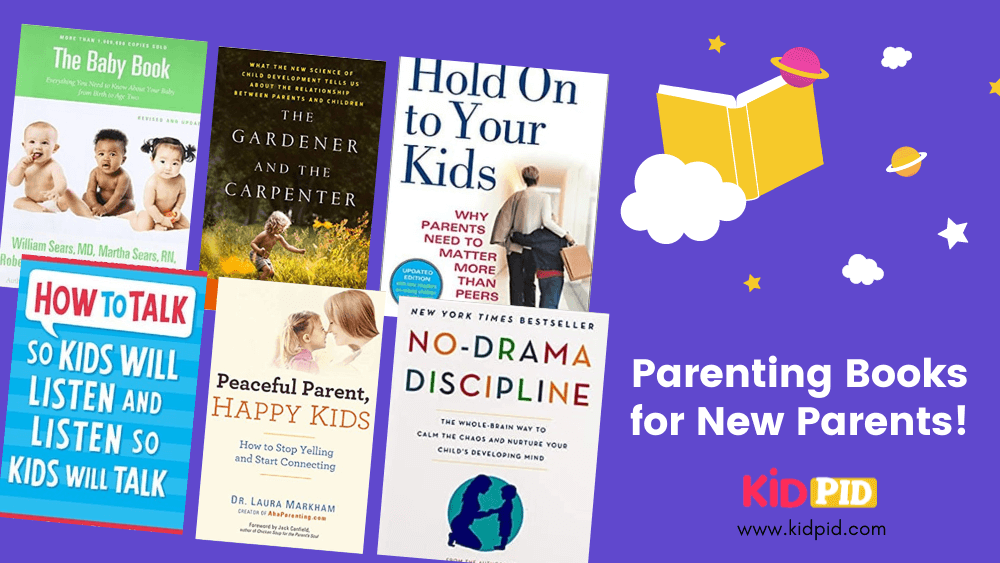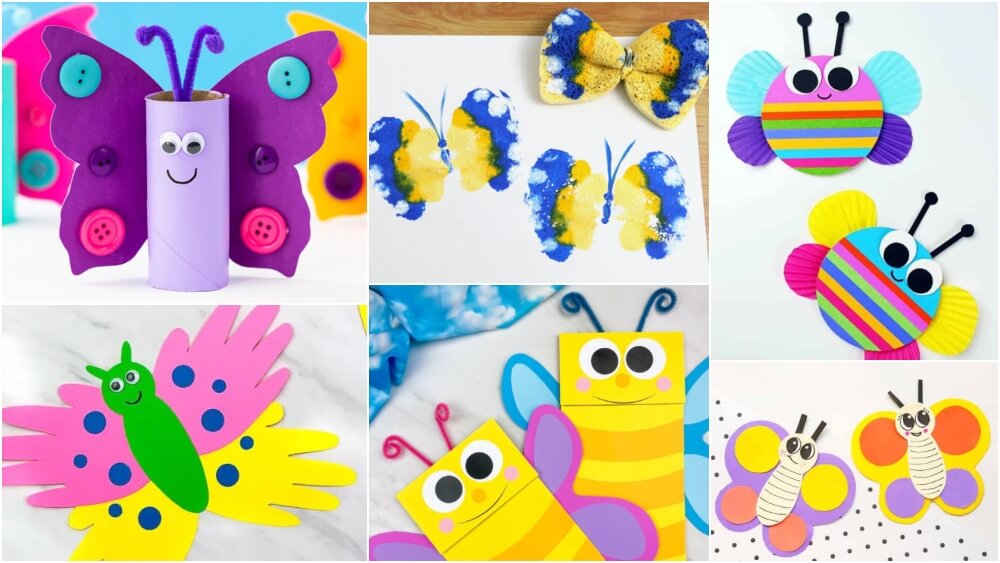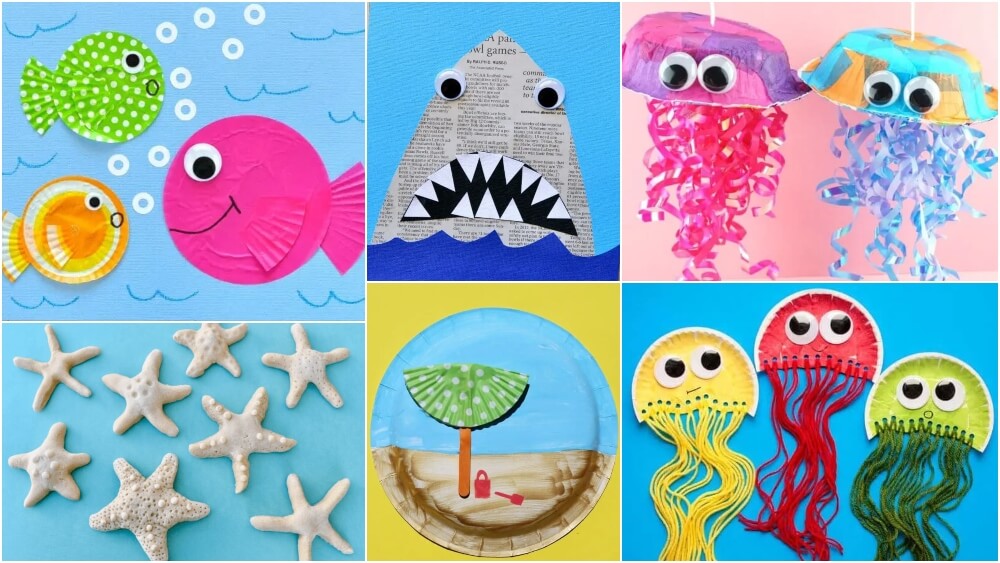Easy Ways to Understand Child Psychology

Parents significantly influence the emotional growth of a kid. More crucial than criticizing your child’s behavior is deciphering their sentiments and understanding the context of their actions. To grasp what kids are trying to communicate, you don’t need a degree in child psychology; instead, you need to be aware of the distinctive traits they were born with. It is up to you to figure out what irritates and pleases your youngster. This article discusses how children develop emotionally and offers advice to help you better grasp what’s going on in their heads.
Parents view their child’s skills and abilities—or lack thereof—uniquely. You risk misinterpreting or judging your children if you don’t understand them. These misunderstandings can occasionally be innocuous, but they usually aren’t. In a child’s psychological development, parents play a crucial role. A lack of knowledge regarding child development can frequently result in parents making incorrect judgments concerning their children.
Guidelines For Understanding Your Child’s Emotions
More than just giving your kids comfort is part of being a parent. It involves being the child’s emotional support system and giving them a sense of stability. Here are some fundamental principles of child psychology to help you comprehend kids better:
Listen.
Children should be allowed to talk without interruption, and their words should be carefully listened to. This is crucial! Start as they are attempting to speak and are only learning to chatter. To grasp what they are saying, pause, look, and attempt. If nothing else, your undivided attention, closeness, and responsiveness give them a sense of acceptance and affection. Even if their stories don’t always make sense, they frequently refer to actual events, past experiences, or things they have heard or seen. Children can enrich stories by giving them talking butterflies or flying horses, but not all of them can tell falsehoods or be deceitful or cause issues. However, since most children learn to lie around five, they won’t always be blameless. Therefore, you might wish to doubt the veracity of a remark made by a youngster, such as when he says his granny doesn’t like someone.
Attention to Detail.
Observation is one of the easiest and most efficient methods for understanding child psychology. Display curiosity about what your kids are doing or saying. When they eat, sleep, and play, pay attention to their behavior, facial expressions, and temperament. Remember that your child is special and could have a distinctive personality even as he gets older. Therefore, refrain from comparing your child to other kids since doing so makes parenting more stressful and makes the youngster feel inferior.
Pay them your whole attention.
It’s crucial always to maintain eye contact. Not only will you comprehend what the child needs and feels, but they will be able to connect with you. In addition, through your love of comprehension, you will provide them with validation.
Imagine You Are A Child.
If you think like an adult, you might not understand them as well and find yourself less patient. Additionally, if you talk extremely adult-like, they will ask you about the meanings of words, which will turn the discussion into an endless one.
Spend “Quality Time” with your kids.
Today’s parents are occupied juggling work and home. They can take care of numerous things at once, including the child, by “multitasking,” as they call it. It’s time for a change if you’ve been spending time with your child this way. Make time for your children if you want to understand them. You may learn about your children’s lives at home and school, their favorite music, and what excites them and what doesn’t via talking with them. Quality time doesn’t necessarily involve engaging in conversation or joint activity. Instead, you may occasionally sit next to someone and watch them in silence to learn more about their experience.
Please pay attention to what they can imagine.
See how they respond by exposing them to as much as you can. Every small detail along the way—sounds, smells, touches, etc.—enhances their learning and creativity while they stroll or walk. For the first five years, kids are like sponges, and you are responsible for providing them with all the information they will require in the future. So please slow down, take your time, and observe how they interact with the outside environment to learn how their minds operate. The creativity of a youngster is astounding.
Observe their works of art.
Their artistic creations frequently depict their emotions. Do some kids make their fathers appear smaller than everyone else’s? This conduct can indicate that the children are unhappy over anything their fathers have done. Do their photographs of their younger sisters lack them? If you see this behavior, don’t argue that the sister or whatever should be included since they can’t control how they feel; instead, it could be a good idea to ask questions like “Where is your sister in the picture?” Adults should spend time considering what children say. Parents don’t have to be psychologists to understand children. But they ought to be the ones who know their children the best.
Understanding the basics of brain development.
With partnerships, the brain develops. Parents are sometimes referred to be “neuro architects” in a study on child development. Children engage with a caregiver paying attention to them, which promotes the growth of connections between brain cells. A youngster’s experiences have molded his brain, affecting how he reacts to various circumstances. Positive relationships can impact the brain’s development to promote healthy development. On the other hand, unfavorable situations like a home where there is continual conflict or emotional neglect can harm a child’s brain development.
Allow children to guide you.
Let kids occasionally assign you roles. They might like to take on the role of parent for a change. You may be in for a treat since they may imitate your behavior (or how they perceive it) and the things they do, the way they speak, and even the way they discipline. Children could see them in this way. Are parents scolding, shouting, and nagging their children too much? Take notes since kids love to read. What kids observe about you will help shape the kind of parents you want them to be or don’t want them to be in the future.
Connect more deeply on a physical, verbal, and emotional level with your children.
Conversations with children become more intimate when visual connections are made. Avoid speaking too quickly, or they may stop listening, and avoid using huge words. Adults should avoid complex language when speaking to youngsters and use simple expressions to show them they are loved. For example, a parent may advise their child to “eat your food, my darling, so that you can grow large and strong” or to “sit far from the TV to protect your lovely eyes.” When this happens, they perceive parental signals as love rather than nagging.
Examine Your Child’s Environment Often
According to research, a child’s environment has a significant role in determining his conduct and views. It would help if you observed the child’s surroundings to get to know him better. According to research, the environment can impact a child’s brain development, which influences the growth of his linguistic and cognitive abilities. The connection explicitly contrasts the home setting with other environments. The sort of people in his immediate environment and how they treat him significantly impact how your child behaves. Take some time to observe the atmosphere fostered at his house and school.
- Display empathy.
- Recognize your child’s personality.
- What Is the Emotional Quotient of Your Child?
- Never assume.
- Attempt The Challenge.






Responses